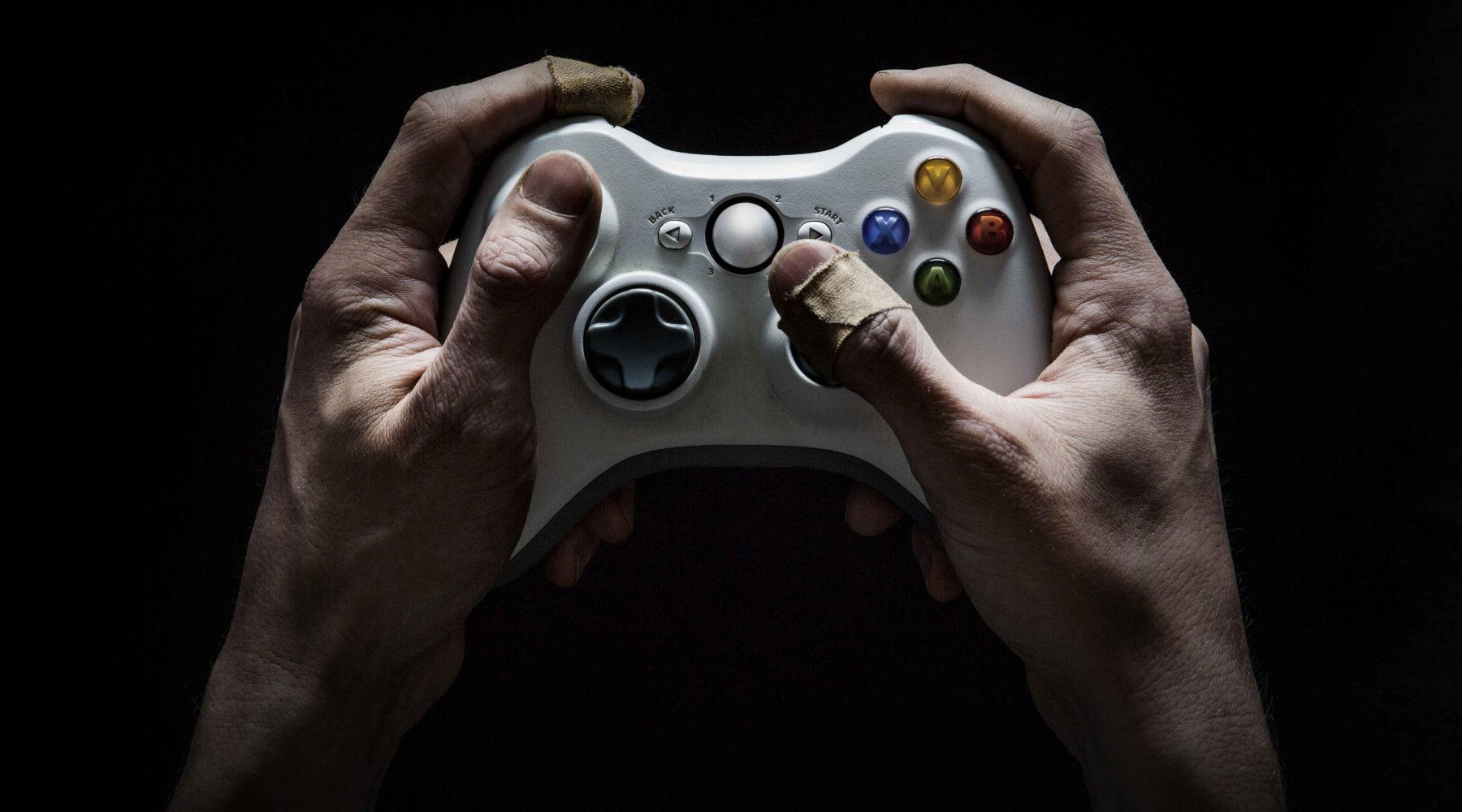
Desperate families are struggling to cope with the emerging problem of online gaming, says child psychiatrist Philip Tam.
Since he was 12, Julian* has been a keen computer gamer, the activity just another part of the life of a fairly typical young person living in an Australian capital city.
That began to change over the course of the past two years, as his gaming habits increased to the point where regular sessions went well into the night, sometimes extending for up to eight hours.
By the time he got to Year 12, his gaming was so excessive that he would sleep during the day, while night-time hours were spent playing multi-user, role-playing action games with people overseas.
Julian stopped playing sport and lost his real friends. When confronted by his mother, he got angry and aggressive, becoming violent when she confiscated his computer. She was so afraid she gave it back.
His school work suffered to the point where the school asked him to leave. He didn’t care. He made a small amount of money by in-game selling of goods such as trophies and weaponry.
He has refused to see a psychologist. Under the threat of being asked to leave the house, an uneasy compromise has been reached where he has agreed to get a part-time job and pay rent. He continues to game in almost all his free time, believing he can make a living from professional gaming.
The story of Julian comes from Dr Philip Tam, a child psychiatrist who specialises in treating ‘pathological internet use’ – or PIU – among young people. While the case study is extreme, sadly it is far from unique.
He is seeing a growing problem of online gaming among young people. They are mainly boys, aged between 14 and 18. They come from all ethnic and demographic groups.
‘I’m getting calls from all over Australia, from desperate families really struggling with this emerging issue,’ says Dr Tam.
‘We’re talking kids being up all night, and asleep during the day, dropping out of school, completely failing their exams.
‘And when their gaming time is restricted, or the device is taken away from them, they can become very violent to their parents or to property around the home – to the extent that police have had to be called.
‘It is almost like they’re trapped in this compulsive cycle. Life revolves around their computer usage. And it usually is multi-user, role-playing games as well.’
Internet use by young people is a constant public discussion, as families and schools come to terms with the way digital technology is being both used and abused.
Young People Trapped
Spending too much time online is one thing. Descent into the problems Dr Tam is seeing is another. He has a working definition for PIU:
‘…the pervasive, long-term and heavy use by a person of internet and computer-based technologies, including gaming, that is out of keeping with one’s educational, social or occupational role, and that results in a clinically significant negative impact on schooling, work, relationships or general wellbeing and health.’
The description fits what Dr Tam is reporting with online gaming. The child psychiatrist, who heads the Network for Internet Investigation and Research Australia, regularly sees how the world of online gaming draws in and traps young people.
The games, he says, are either first-person ‘shooter’ games, or action and fantasy games that often millions of young players are playing at any one time.
‘That’s the big problem,’ says Dr Tam. ‘There’s almost a pressure put upon you. It’s like you join a team or a squad of keen gamers and you’ve got to actually be there, you’ve got to be online to do this mission which could take many hours to complete.
‘And if you let your team down, they’re really angry, they can exclude you.
If you don’t do well, you get trolled by fellow gamers, or even blacklisted from joining other teams, which can affect their self-esteem.’
Then there is the tyranny of distance – or more accurately, time zones. When gamers in Europe and North America are playing, it’s 4am in Australia.
Many parents, he says, are aware of the problem but they simply can’t control it.
They know their child isn’t doing homework or studying. And a lot of parents don’t have the technical savvy to know that you can be gaming on any device, at any time.
When helping young people, Dr Tam looks for an underlying mental health issue that can be treated.
‘I do see that, in my clinical experience, problem internet use is almost always the end-point behaviour of a whole range of underlying mental health or psychological or family issues,’ he says.
Common ones include depression, anxiety, autistic disorder, being bullied, even family stress and dysfunction.
‘You don’t just treat the problem use – the time they are spending online,’ he says. ‘You actually have to the address the underlying problem.’
Dr Tam knows that there are no easy solutions. He has started a project called the Healthy Digital Diet, aimed at primary school and secondary school students of both sexes.
‘It’s almost like a mental health training program, about prevention in the general community,’ he says.
‘It can be too late when you’ve got a 16-year-old up all night that’s not learning at school, that has got into these entrenched habits. You’ve really got to start this education at an early stage.’
He would like to see a more coordinated approach taken by schools, parents, therapists and government bodies. ‘It’s an incredibly complex and difficult area,’ he says. ‘There’s no single answer, I’m not pretending there is. But I am confident that if a holistic, multi-stakeholder approach is taken, we as a society can get on top of this issue, and begin to use computers and the internet in positive, engaged and still enjoyable ways.’
*Not his real name


